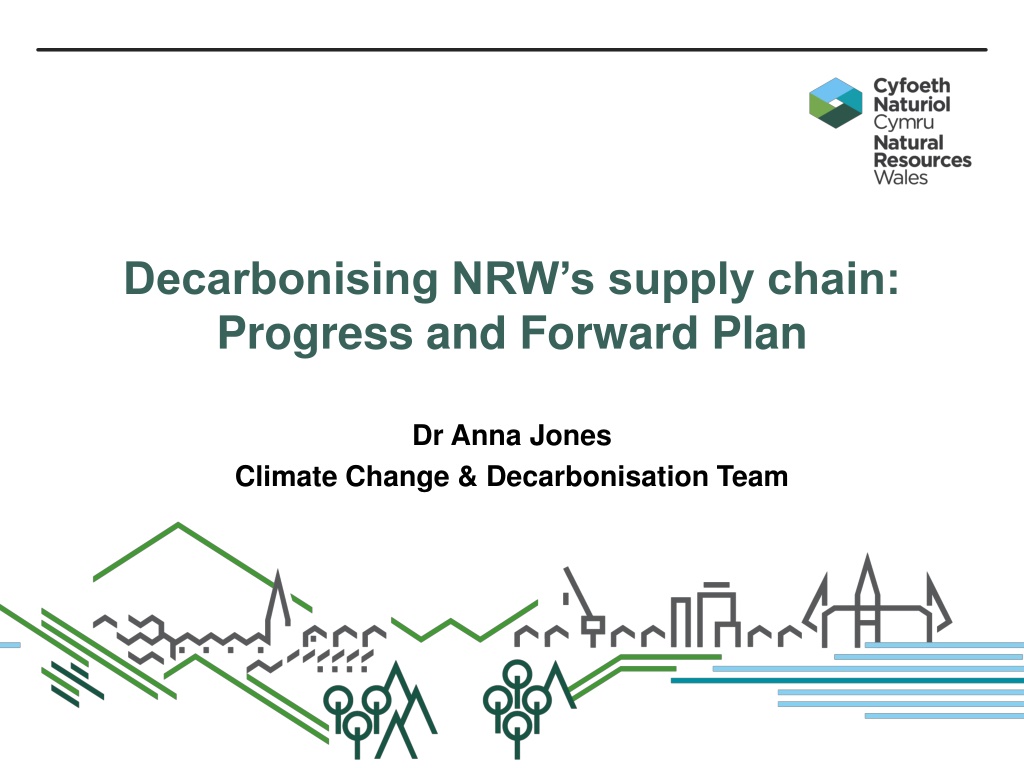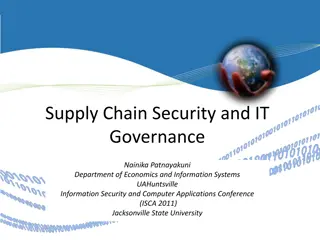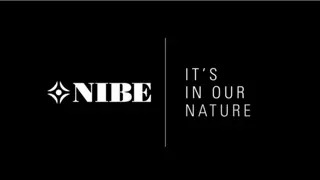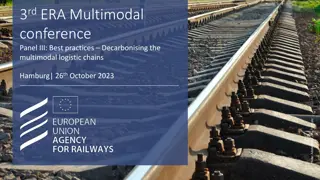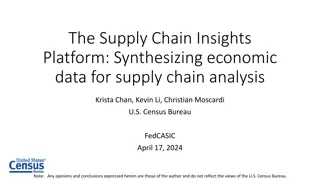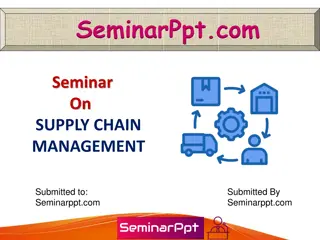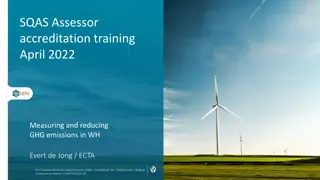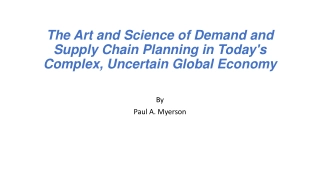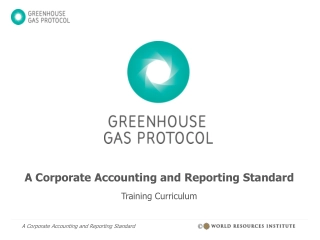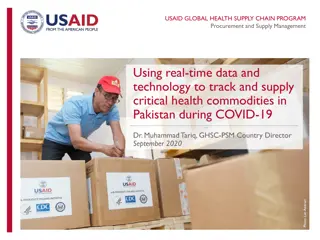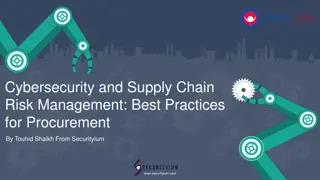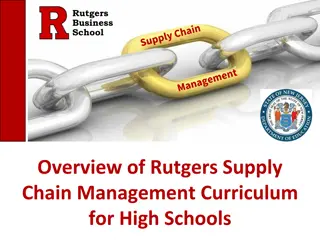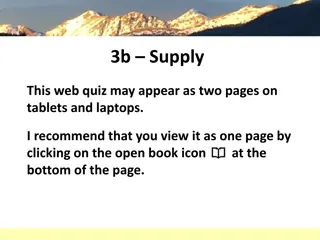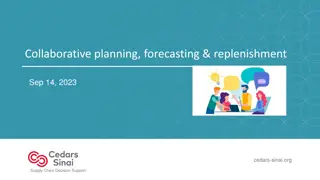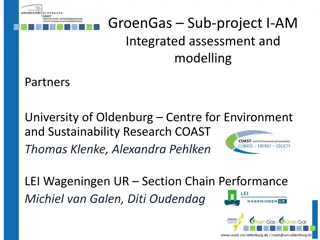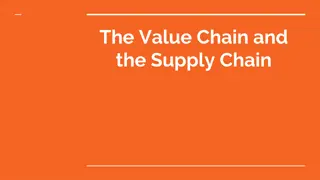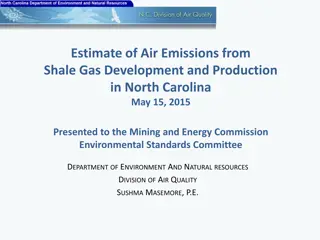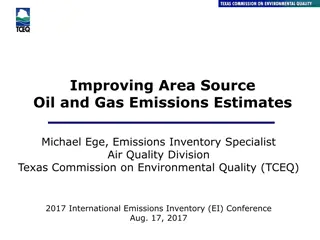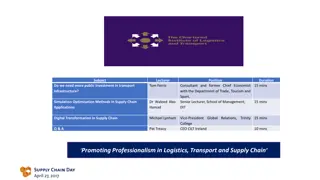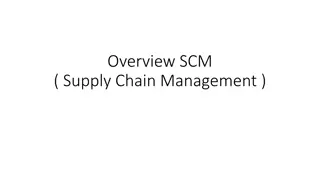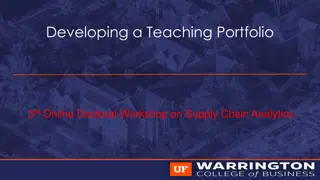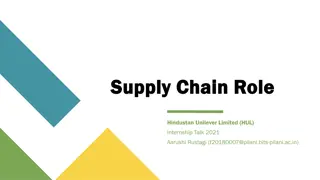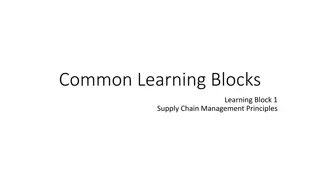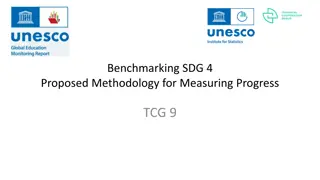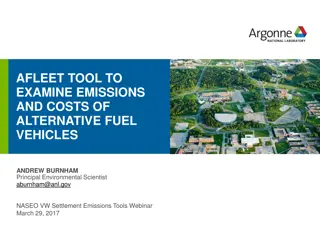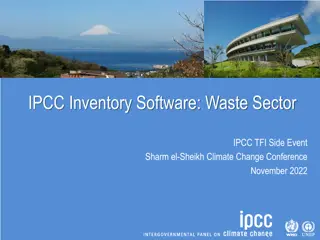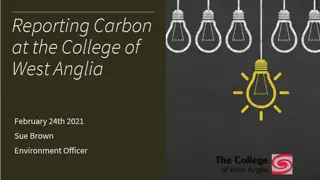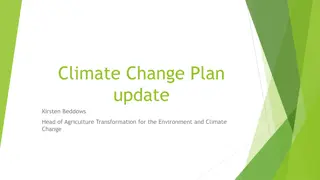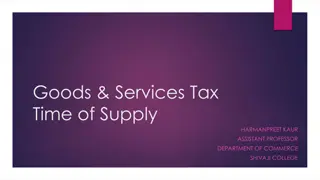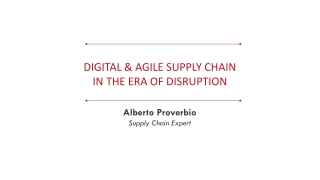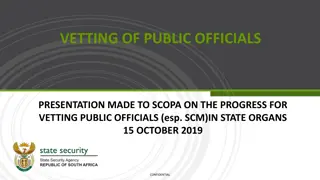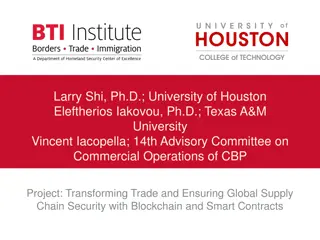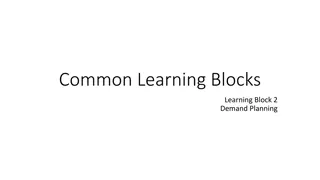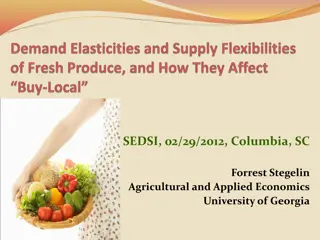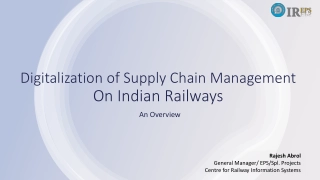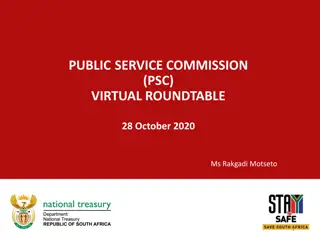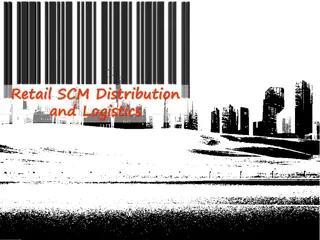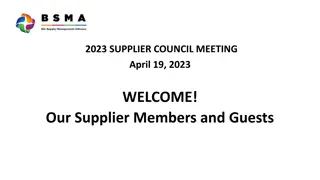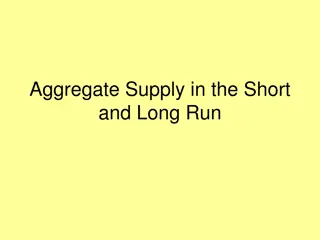Decarbonising NRW's Supply Chain Emissions: Progress and Challenges
Dr. Anna Jones and her team are spearheading efforts in Wales to achieve net zero emissions by 2050, with a focus on decarbonising NRW's supply chain and the public sector. The Welsh public sector aims to collectively reach net zero by 2030, with a strong emphasis on reporting and reducing emissions from various sectors such as business travel, waste, agriculture, commuting, buildings, fleet, equipment, and supply chain operations. Detailed analysis and identification of emissions hotspots are crucial for targeted emission reduction strategies.
Download Presentation

Please find below an Image/Link to download the presentation.
The content on the website is provided AS IS for your information and personal use only. It may not be sold, licensed, or shared on other websites without obtaining consent from the author. Download presentation by click this link. If you encounter any issues during the download, it is possible that the publisher has removed the file from their server.
E N D
Presentation Transcript
Decarbonising NRWs supply chain: Progress and Forward Plan Dr Anna Jones Climate Change & Decarbonisation Team
Decarbonisation policy and the public sector Legally binding target in Wales to achieve net zero emissions by 2050 Public sector contributes to a number of inventory emissions categories including electricity and transport Public sector leadership and influence - 7bn combined annual spend Policy ambition for the public sector in Wales to be collectively net zero by 2030 Welsh Public Sector net zero carbon reporting
NRWs carbon footprint 2021-22 Business travel 1.02% Waste Agriculture 1.06% 0.93% Commuting 0.89% Buildings 4.17% Homeworking 4.92% Purchased goods & services = 80% of the total Most challenging category of emissions to reduce not under our direct control Range of goods, works and services purchased Dispersed nature across supplier and contract types Fleet & equipment 6.56% Supply chain 80.45% Total emissions: 26,209 tCO2e
Estimating whole supply chain emissions Scope 3 upstream emissions released from creating, modifying, transporting, storing goods and services Most accurate method = collation of GHG data for individual goods and services directly from suppliers Net zero carbon reporting method Spend based analysis mapping spend to industry average emissions data NRW spend ~ 100 million annually (excluding spend on staff, energy & travel) Broad brush approach
Identifying emissions hotspots Results analysed by categories to identify hotspots Top 10 account codes Top 10 suppliers Multi year consistent hotspots Requires judgement - grouping spend for analysis in any way can mask individual emissions hotspots Top 10 NRW account codes accounted for 68% of organisational supply chain emissions in 2020-21 e.g. consultancy and contractor codes
Supply chain emissions hotspots Categories Specific areas, contracts or suppliers of interest Environment Agency Dwr Cymru Cyf - Welsh Water Ltd - Harvesting felling, forest roads (current case study), restocking preparation, - - Service level agreements (SLAs)* Reservoir operating agreements (ROAs)* Plants / Shrubs / Trees Forestry related contractors ICT contractor and consultant services ICT annual software licences, support and maintenance Flood asset delivery Construction & Consultancy frameworks (previously CEFA) (current case study) - - Plant hire Framework - Low Loader & Lorry Hire & Sourcing of Aggregates - - Engineering contractors Fleet purchase, hire and maintenance Plant purchase and hire Plane and helicopter hire Operational equipment purchase and maintenance Other Facilities Management hard services maintenance contract; Integral; Asset maintenance framework; MEICA preventative maintenance contract
Case study: Forest roads framework Forest road contractors = 1304 tCO2e/yr (7.3% of supply chain emissions) Tender questions included: Scored question on managing organisational and contract emissions (15% weighting) Scored question on EURO emissions categories of owned plant (15%) Scored question on technical competence including working on peat soils (35%) KPI reporting for life of framework: fuel emissions reduction
Developing a forward plan Sets out how NRW could commit to decarbonising its supply chain between 2022 and 2030 through a series of actions and milestones Informed by 2-3 years of case studies trialling approaches To scale up from individual contracts to a process and set of tools to enable decarbonisation across NRW contracts Developed collaboratively between the Climate Change and Decarbonisation, Procurement, and Contract Management teams.
The forward plan Four main elements: 1. Targeting top emitting contracts and frameworks 2. Introducing levels of requirements for suppliers 3. Developing a toolkit of supporting tools and templates 4. Developing a supply chain emissions monitoring framework
Forward plan progress Series of 31 actions identified with timeline for delivery Requirement levels and tools to be trialled and rolled out to all contracts by 2025 Current delivery: Agreeing text for core questions in ITQ and ITT forms. Finalising and trialling the supplier emissions questionnaire Carbon calculator contract reviewing available options Seeking internal approval and funding for additional staff resource
